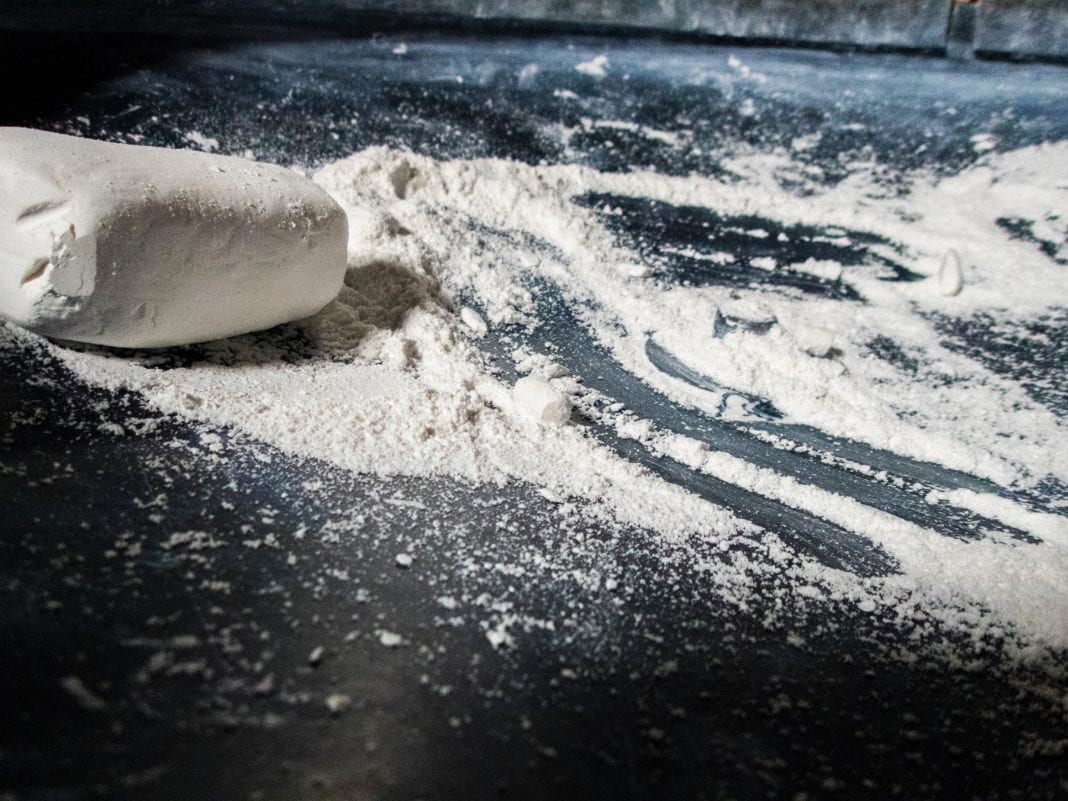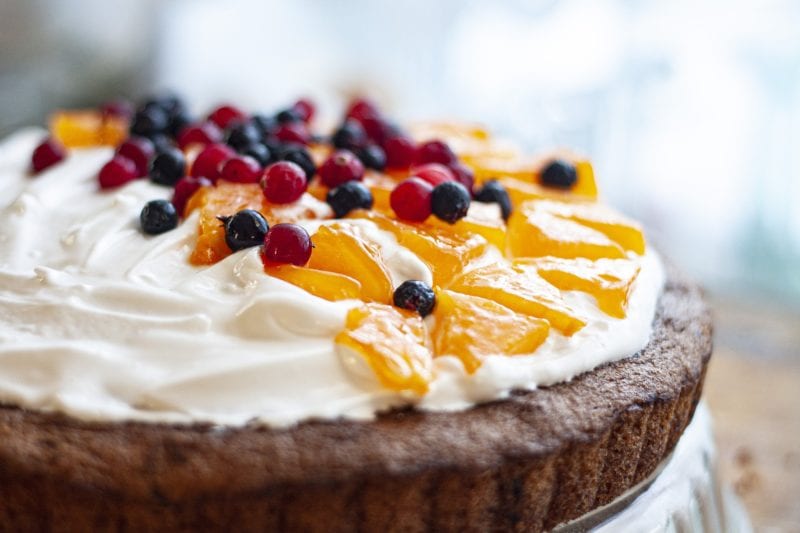If you are struggling with ants you will look for all possible ways to keep these little critters out of the house. Once you have picked up the scent, a long road forms and the entrance is besieged by the ants. This is especially unpleasant if you are expecting visitors and don’t want to share your food with the little creepy-crawlies.
There are a number of home remedies that you can use in the fight against the ant. It is often said that chalk is one of them. Can chalk actually be used to stop ant infestations?
Contents
Why ants avoid chalk
To get rid of the ants, the best way is to use an ant poison. This is effective and noticeably decimates the number of ants. However, it takes a few days to destroy the nest and it is not one of the most natural methods. Especially if you have pets or small children in the household, you need to be careful with the poison. So the chalk seems to be a welcome harmless alternative.
In fact, in practice it turns out that ants avoid chalk. The chalk is dry and alkaline. This is apparently so unpleasant for the ants that they avoid walking on this surface. This makes the chalk quite useful in keeping the ants away.

For the application you do not need a special chalk. Although there are manufacturers that offer a chalk against ants, conventional chalk has the same effect. It is only important that it is dry and slightly uncomfortable to the touch.
The chalk is most effective where the ants gain access to your house. In principle, ants can go even through small window gaps, but often they simply go through the open door. Therefore, at the door frame, it is advisable to generously shield the floor with the chalk. To do this, draw a large line to block the way of the ants.
The advantage of chalk is that, unlike poison, it is completely harmless. Moreover, it does not kill the ants, but only keeps them away from certain areas. If you do not want to kill the ants, but consider them beneficial insects, the chalk is a natural helper.
Limits of chalk
Nevertheless, chalk is not recommended without limitations. With little effort, you build barriers that seem impenetrable to the ants. But it turns out that some ants are not impressed by the chalk.
This is because, unlike poison, chalk is not an effective solution. Not all ants allow themselves to be constricted by the chalk and some simply walk over it. A large part of the ants can be shielded, but there is no 100% protection. The few ants that do get to your kitchen can find suitable food there and as a result an ant trail forms.
Likewise, ants are very small animals and fit through the tiniest openings. The chalk line is rarely gapless and even if you are very careful, ants will still find a way into your house. It may be because a spot was not covered with chalk or because the ants find an alternate path.
The chalk is also not very long lasting. If you use the entrance, the chalk will wear off quickly and gaps will open up. Rain and other moisture also quickly washes away the chalk. Thus, the barrier is short-lived.
It must also be mentioned that the chalk does not address the causative problem. The ants are kept away to a certain extent, but they still spread throughout your garden. If you want to put a stop to the ants, you need to take a different approach.
Dealing with the ants
Chalk proves to be a simple method, but also not very effective. It is well worth a try, but you should take other measures to stop being disturbed by the ants.
Prevention

An important measure lies in the prevention of ant infestation. It is almost impossible to avoid that ants will infest your garden. If your house is located in the greenery, you have to expect these uninvited guests sooner or later.
Therefore, you should never leave food lying around in the open. Especially in the case of sweet foods, they must be securely closed. Since ants can fit through even the smallest crevices you must also be careful with your refrigerator. Shield cakes or other sweet foods securely so that ants do not find a food source with you.
The same applies to your garbage. There may still be edible scraps in the trash for the ants to find, which will attract the colony. Dispose of garbage regularly and close the garbage can in the household properly.
To keep the ants away, it may also be useful to seal joints and other crevices with silicone. If the ants are very persistent you will need to make this effort to stop the ants from entering the house.
Fighting the ants in the long term
Chalk is helpful to keep the ants away for a short moment, but in the long run the problem persists. To combat the ants in the long term, you should set out ant traps. These are equipped with a poison, which the ants carry into the nest and distribute there. The effect is seen within a few hours and after a few days the nest will have been decimated.
An alternative is to use ant spray. Spray it on the ants and it will have an immediate effect. This will prevent an ant trail from forming, but it will hardly reduce the total number of ants.
Therefore, the only long-term solution is ant poison. This is effective against the ants and destroys the nest.
Keeping the ants away with chalk
If you want to block ants’ access to the kitchen, house or terrace, chalk is a simple option. You apply a wide chalk line and the ants perceive it as a natural barrier.
As simple as chalk is, it proves to be less effective in practice. Not all ants can be kept out and occasionally they always find a detour. Therefore, ant poison proves to be the more effective method to eliminate the ant problem in the long term.

